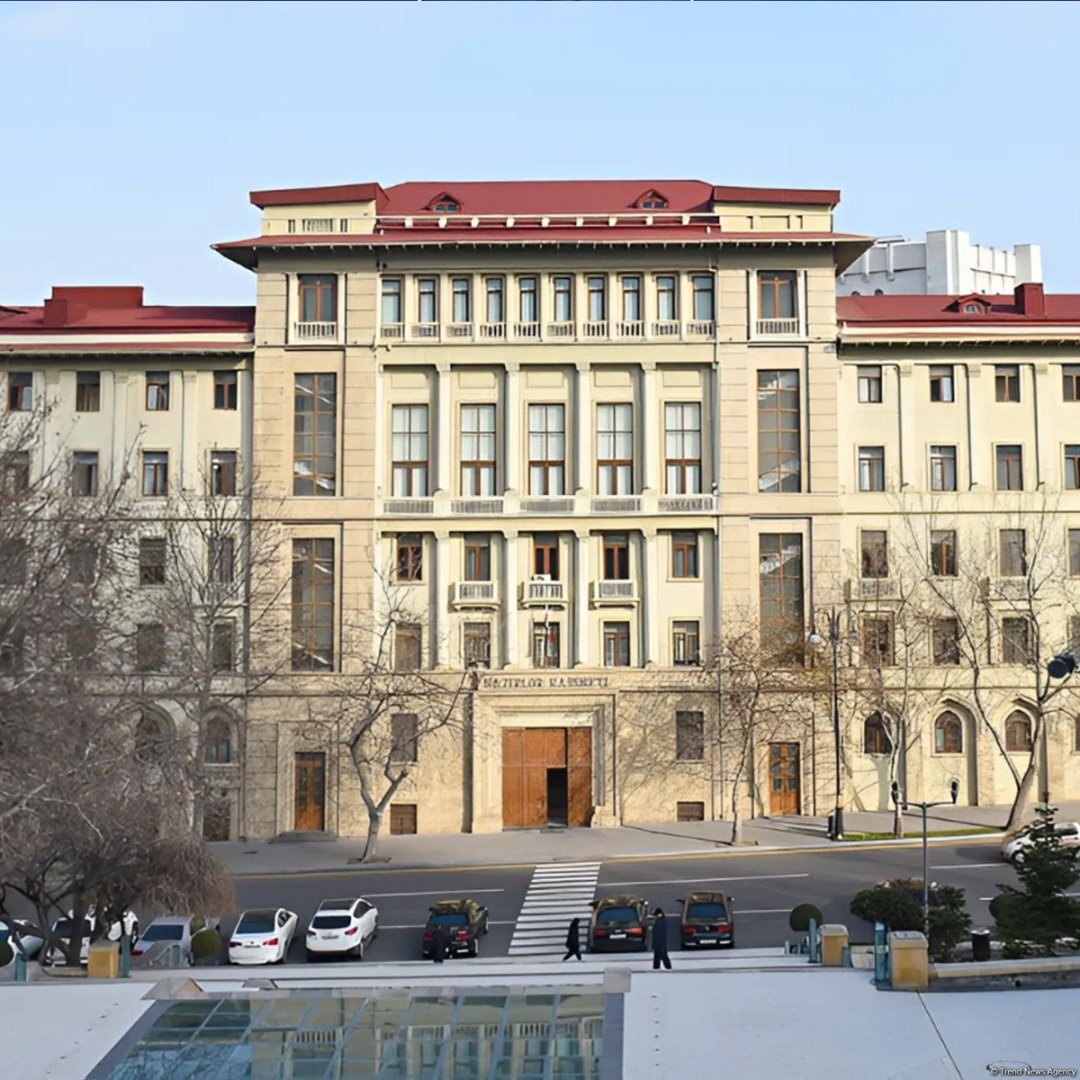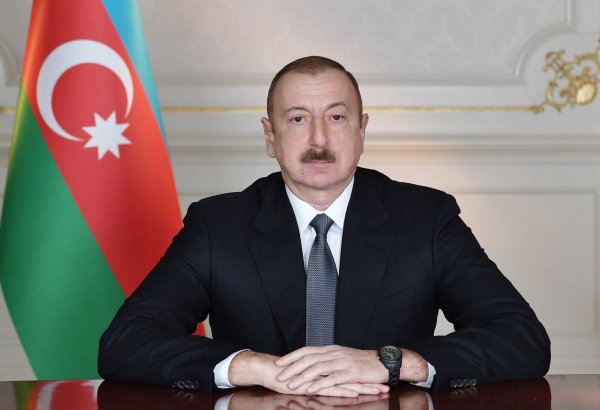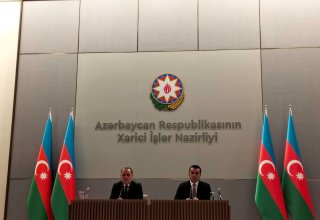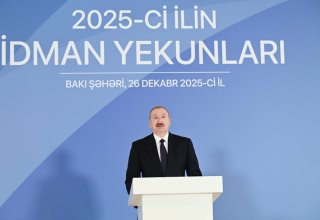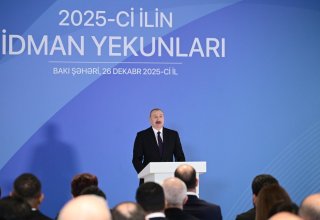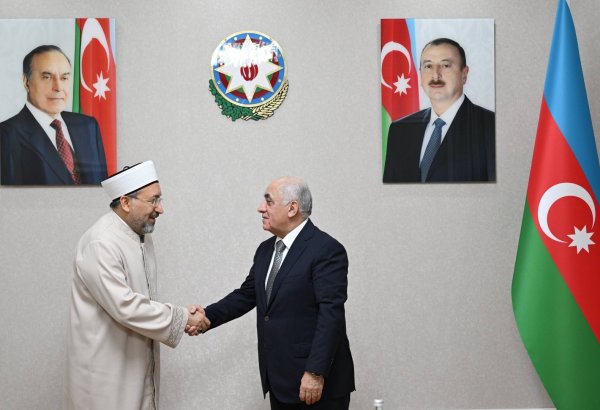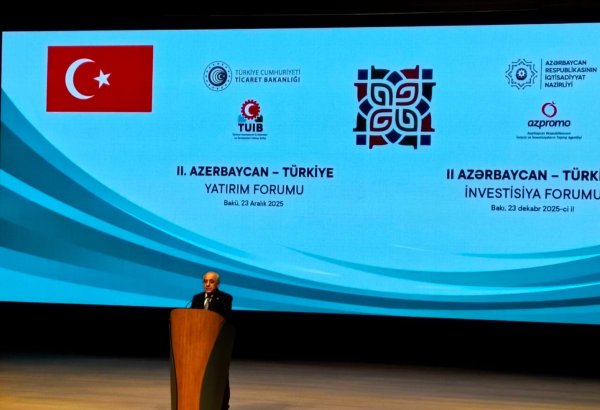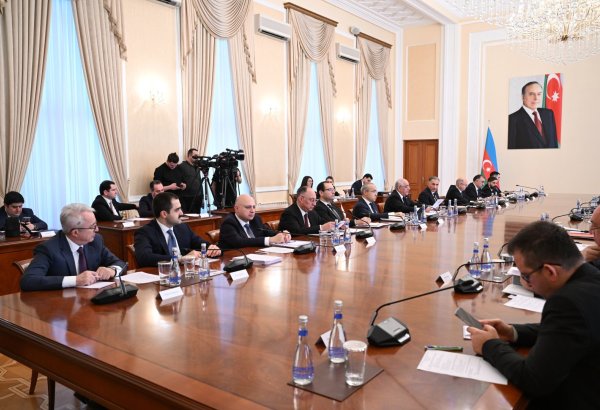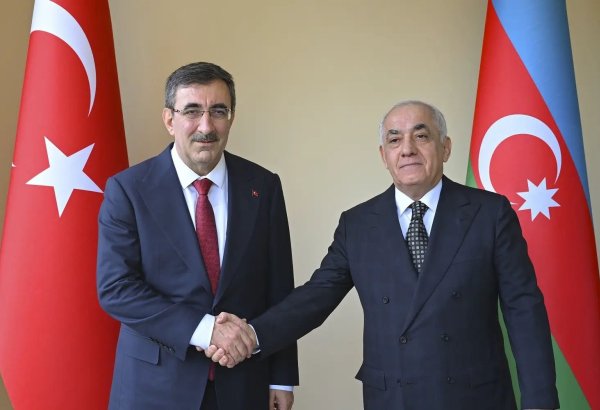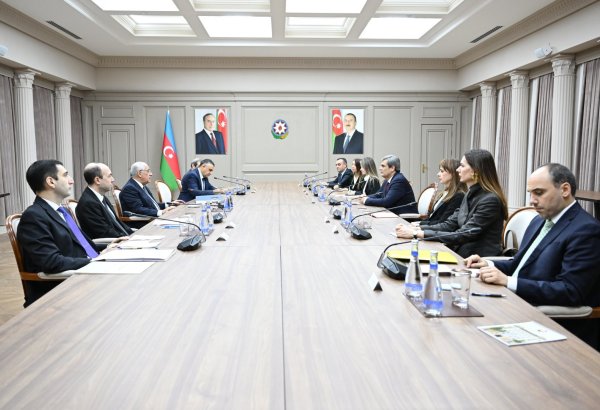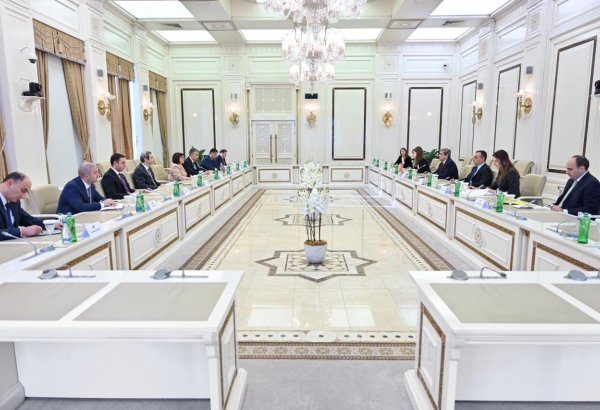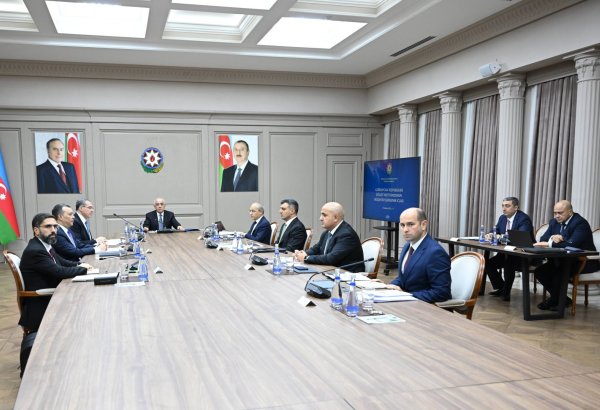BAKU, Azerbaijan, September 25. The successful implementation of the "Socio-economic development strategy for 2022-2026" remains a top priority for the government in the coming years, TurkicWorld reports.
Azerbaijani Prime Minister Ali Asadov said during a speech at the Cabinet of Ministers during the discussion of the draft state budget and consolidated budget for 2025 and the indicators of the consolidated budget for the next three years, the concept and forecast indicators of economic and social development for 2025 and the next three years.
Asadov emphasized the need for relevant structures to effectively execute assigned tasks, stating that control over their performance will be strengthened.
"The restoration and reconstruction of Karabakh and Eastern Zangezur is one of the main tasks. This will act as a stimulus for the development of the non-oil economy in the medium term," he noted.
According to him, implementing the "State Program for the socio-economic development of the Nakhchivan Autonomous Republic for 2023-2027" will remain a critical focus. Following the directive from the head of state, leaders of central executive bodies must prioritize the program's execution, providing regular support and monitoring on-site.
The Prime Minister also highlighted that military expenditures will constitute a significant portion of the state budget in the coming years. Emphasis will be placed on strengthening national security and modernizing the defense industry to meet contemporary challenges.
He underscored the commitment to advancing renewable energy sources, particularly solar and wind energy while enhancing energy efficiency. Special attention will be dedicated to establishing a green energy zone in Karabakh.
Furthermore, a fundamental prerequisite for rapid large-scale reconstruction in liberated territories is the clearance of mines and unexploded ordnance. Asadov called for the Mine Action Agency and other involved organizations to expand and expedite their operations in this area.
The Prime Minister noted that hosting COP29 in Azerbaijan this November serves as a testament to the country’s increasing international stature. He expressed confidence that the event would be organized to the highest standards, with many government members actively participating in the Organizing Committee to ensure coordinated efforts.
In light of global market challenges, he stressed that ensuring food security, enhancing self-sufficiency, import substitution, and diversifying export geography will remain top priorities. Efforts will continue to boost public investment efficiency, stimulate private investment, and develop public-private partnerships, including providing tax incentives.
In the medium term, measures will be implemented to ensure the non-oil economy surpasses the real growth rate by 5 percent while increasing contributions from agriculture and non-oil industries. The upcoming "National Strategy for the Rational Use of Water Resources", covering the period 2024-2040, will focus on efficient management, pollution prevention, seawater desalination, and modernizing irrigation systems, particularly in the Karabakh and Eastern Zangezur regions.
Per the tasks arising from the large-scale reforms of the head of state in the humanitarian sphere, particularly education, efforts will continue to align the national education system with modern standards and enhance educational quality. Reforms related to the introduction of a medium-term expenditure framework and the transition to a results-oriented budget mechanism will also advance.
From 2025 through 2028, planned reforms will extend to healthcare, social protection, culture, the arts, information, physical education, and youth policy, as outlined by Asadov.
The Prime Minister noted that, in recent years, Azerbaijan has made significant strides in enhancing budget transparency and accountability. As a result, the country has improved its standing in the Open Budget Index 2023 report, rising 21 positions from 44th to 23rd among 125 countries. This advancement places Azerbaijan within the group of nations recognized for their adequate budget openness, and efforts in this area will continue.
The government is committed to ongoing reforms to stimulate the investment climate and foster entrepreneurship. These reforms include reducing the tax burden on businesses, refining tax control mechanisms, and enhancing tax and customs administration within the Tax Code.
Furthermore, close coordination of fiscal and monetary policies, in line with the national borrowing strategy, will be essential for the development of the domestic financial market. Ensuring macroeconomic stability and maintaining low single-digit inflation are also top priorities for sustainable economic growth in the coming year. Specifically, the Prime Minister noted that improvements to the Price Tracking Application system will continue as part of these efforts.








